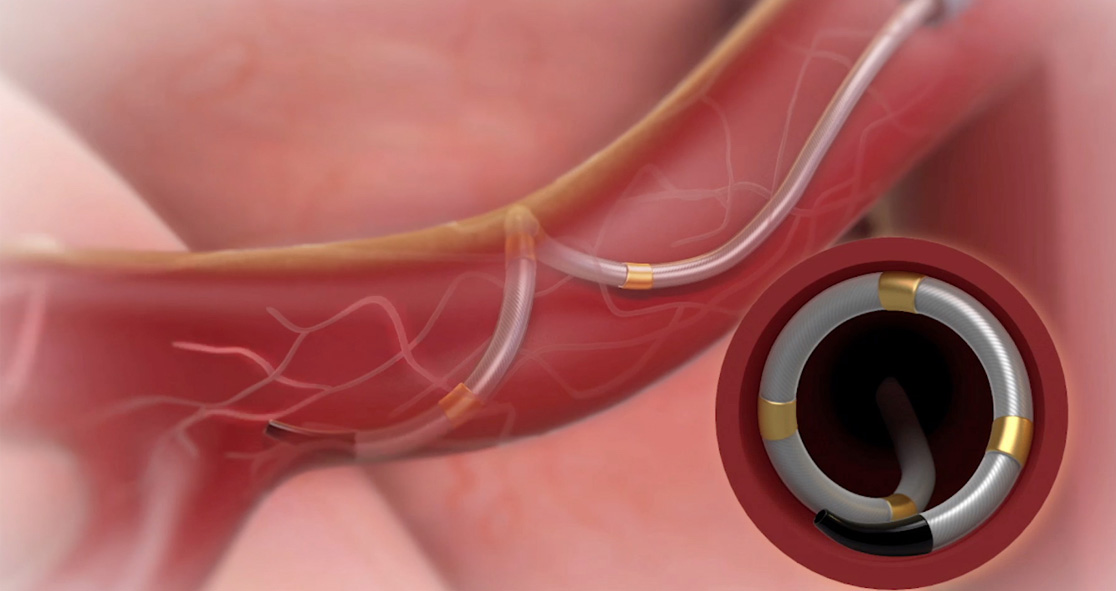A new study from Columbia University Vagelos College of Physicians and Surgeons and New York-Presbyterian researchers has found that zapping the nerves around kidneys with ultrasound reduced blood pressure in people who fail to respond to multiple drugs.
The study, published in The Lancet, found that brief pulses of ultrasound delivered to nerves near the kidneys produced a drop in blood pressure in people who are resistant to antihypertensive drugs.
The experimental procedure called “renal denervation” reduced daytime blood pressure after two months by 8 points than those who did not undergo the procedure. Also, the therapy decreased nighttime blood pressure by an average of 8.3 points, according to Medical Xpress.
Dr. Ajay Kirtane, the co-principal investigator of the study, said, “For patients with drug-resistant hypertension, a drop in blood pressure of 8 points, if maintained over longer-term follow-up, is almost certainly going to help reduce the risk of heart attack, stroke, and other adverse cardiac events.”
“These results suggest that renal denervation has the potential to become an important add-on to medication therapy, including for those who have difficulty managing several medications to control their hypertension,” he added.
The findings were also presented at the American College of Cardiology conference.
However, the FDA has not approved the therapy yet. It is only available through clinical studies.
The researchers will now follow patients for five years to determine whether the drop in blood pressure is controlled over time.
Most people who take antihypertensive drugs are able to manage their blood pressure, but some fail to respond to multiple drugs.
Dr. Kirtane explained, “There are a variety of effective medications for lowering blood pressure, but many people need to take several drugs to control their hypertension, which can have side effects. In addition, many people simply don’t want to take additional medications and are poorly adherent to them.”
“It’s clear that we need additional therapeutic approaches to help patients get their blood pressure under control,” he added.
What is renal denervation? It is a minimally invasive procedure, which uses ultrasound energy to disrupt signals from overactive nerves in the renal arteries, according to Medical Xpress. The experimental treatment is delivered through a catheter threaded through an artery in the leg.
Targeting the nerves around the kidney is not a new concept in the treatment of hypertension. There are several medications that help reduce renal nerve activity in order to reduce blood pressure. “But unlike medications, which are only effective when you take them, renal denervation is a therapy that’s always ‘on,’” Dr. Kirtane said.
“In our study, 80% of patients continued to take their medication as directed, and while that’s a good adherence rate, it still means that one in five patients weren’t adherent to the medication regimen,” Dr. Kirtane explained.
“Additional studies will be needed to determine if this therapy may be effective for other groups, including older patients with hypertension and those with chronic kidney disease,” he added. The article was published on Medical Xpress.





















